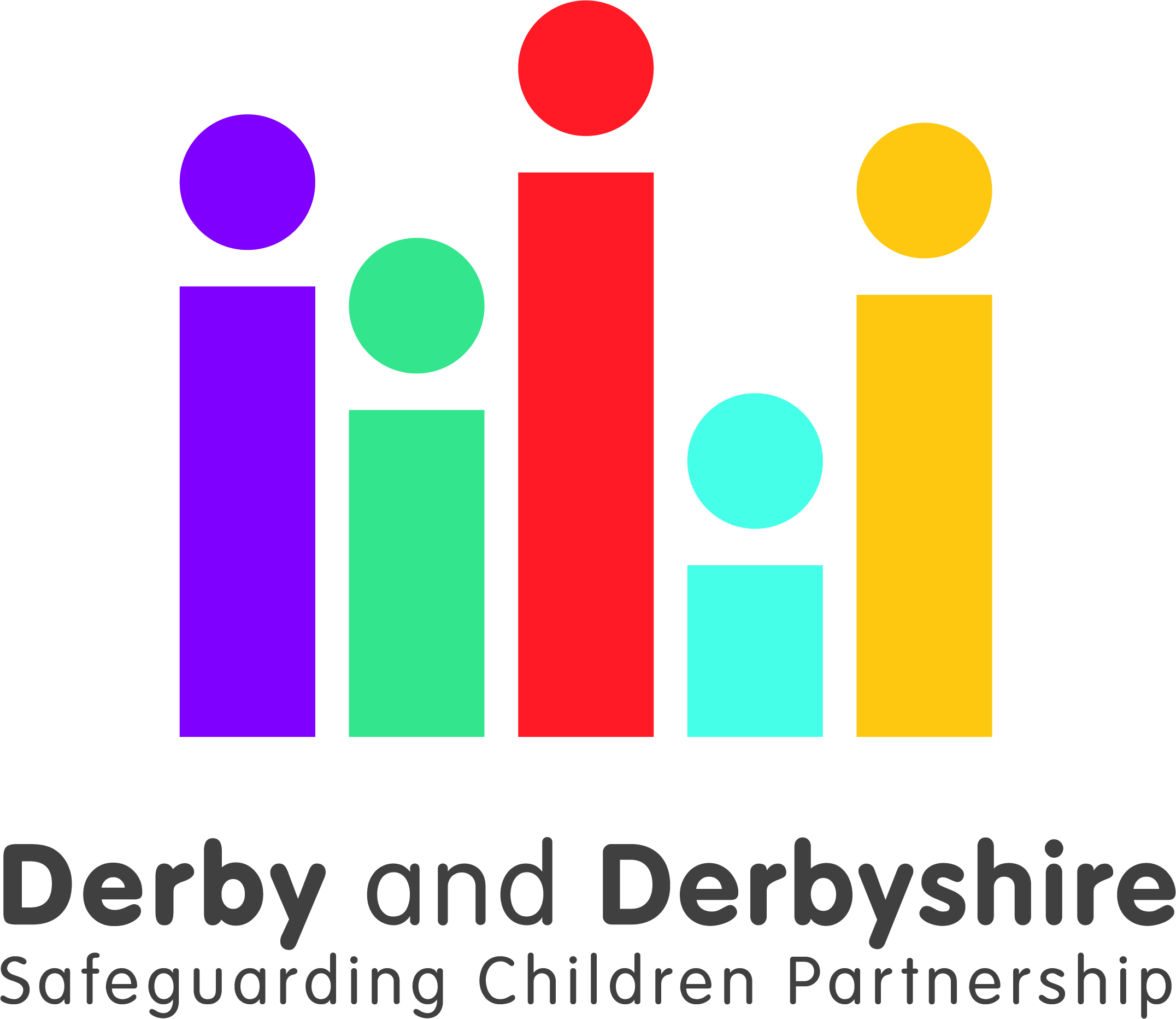Domestic Abuse and Violence
What is domestic abuse?
Any incident or pattern of incidents of controlling, coercive or threatening behaviour, violence or abuse between those aged 16 or over who are or have been intimate partners or family members regardless of gender or sexuality. This can encompass, but is not limited to, the following types of abuse:
- Psychological
- Physical
- Sexual
- Financial
- Emotional
Controlling behaviour is a range of acts designed to make a person subordinate and/or dependent by isolating them from sources of support, exploiting their resources and capacities for personal gain, depriving them of the means needed for independence, resistance and escape and regulating their everyday behaviour.
Coercive behaviour is an act or a pattern of acts of assault, threats, humiliation and intimidation or other abuse that is used to harm, punish, or frighten their victim.
The definition includes so called 'honour’ based violence, (FGM) and forced marriage.
Children and unborn babies may suffer both directly and indirectly if they live in households where there is domestic violence or abuse. Domestic Violence or Abuse is likely to have a damaging effect on their health and development.
Research indicates that other factors such as substance misuse and mental ill health may be more likely to be prevalent where domestic abuse is occurring.
What should I do if I have concerns about a domestic abuse?
If you are concerned about domestic abuse you can find more information in the Derby and Derbyshire Safeguarding Children Procedures.
Always discuss your concerns with the senior person in your organisation who is responsible for safeguarding and child protection.
If you are a young person, parent or carer, you can contact Children's Social Care to discuss your concerns.
Assessment Tools
The following tool should be used to assess and identify risks when there is domestic abuse or violence:
- Domestic Violence Risk Identification checklist (DVRIM) – is used by all agencies to help assess the level of risk to children and understand all the factors affecting them and the victim adult where there is domestic abuse in the family. (A3 size when printed)
Domestic abuse of Pregnant Women
Research indicates that domestic abuse may start or get worse during pregnancy. It is extremely important that action is taken to safeguard both the mother and unborn baby. If you are working with a family where additional support may be needed during pregnancy the Multi-agency protocol for Pre-birth Assessments and Interventions can help.
If during the assessment concerns about domestic abuse emerge, you must discuss your concerns with the senior person in your organisation who is responsible for safeguarding and child protection.
Multi Agency Risk Assessment Conferences
Multi Agency Risk Assessment Conferences (MARAC) are held to safeguard the victims of high risk domestic abuse. More information about completing a risk assessment or the MARAC is available on the Safer Derbyshire website.
DASH Risk Identification checklist – is used by all agencies to help identify the level of risk to victims aged 16 and older to decide whether a MARAC is needed.
Stopping Domestic Abuse Together (SDAT)
Domestic abuse notifications to schools, also known as Stopping Domestic Abuse Together (SDAT), is the local Derby and Derbyshire version of a national initiative called Operation Encompass. Domestic abuse notifications are sent from Derbyshire constabulary to schools in Derby and Derbyshire. They are an early notification system to schools to quickly notify them of any incidents of domestic abuse where the police have attended a household where statutory school aged children live. They help ensure that schools can effectively support and respond to children and young people's needs in the education setting. A DDSCP Briefing Note: updates to domestic abuse (SDAT) notifications to schools has been published to outline recent changes to notification content. DDSCP Derby and Derbyshire Schools Stopping Domestic Abuse Together guidance has also been published.
Domestic abuse support and training for practitioners
Information about the domestic abuse services, including the Domestic and Sexual Violence Advocate Team is available on the Derby City Council, Safer Derbyshire and CORE websites.
Training
The DDSCP multi-agency training programme includes a course on Safeguarding children and domestic abuse.
National Resources
Safe Speak provide help for children and young people aged 5 - 10 years old and 11 - 18 years old with problems with family, friends, bullying and anything that is causing a worry. You can phone Safe Speak on 0800 093 5264 (free from landlines) or 01332 349301.
Safelives - a national charity dedicated to ending domestic abuse for good.
Violence Against Women and Girls Insight pack - Home Office document developed to provide information about violence against women and girls.
Disrespect Nobody - Home Office campaign to help young people understand what a healthy relationship is and rethink views of controlling behaviour, violence, abuse, sexual abuse and consent.
Learning Resources on Coercive Control - Research in Practice (RIP) has launched a series of open access learning resources providing information and guidance to health and social care practitioners on how to recognise and respond to coercive and controlling behaviour in intimate or family relationships.









